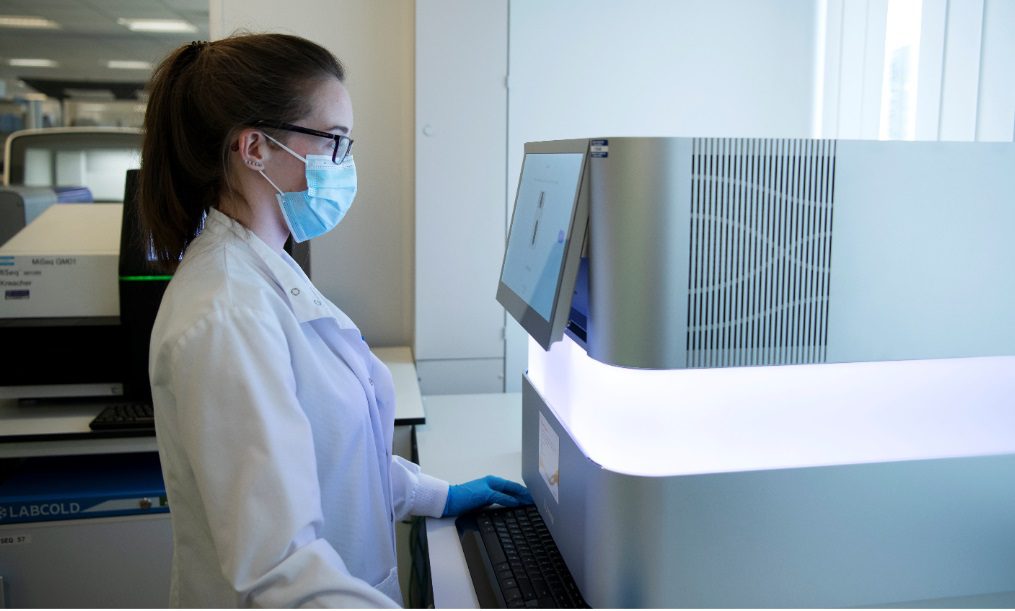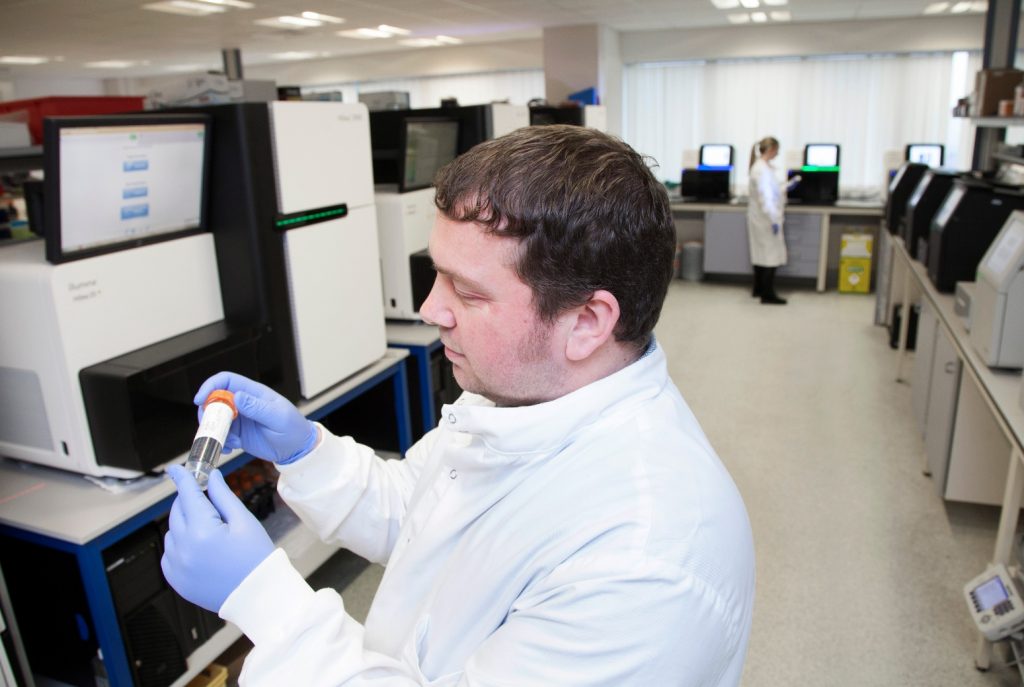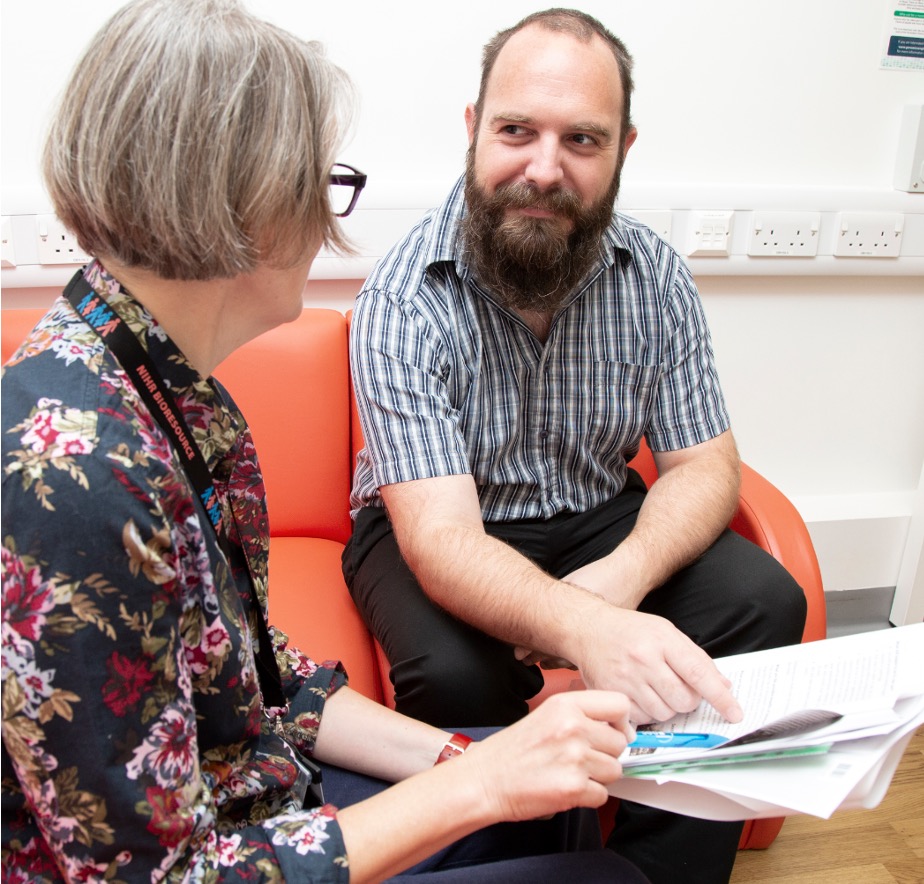Our research: case studies

World-leading genome study spells hope for sick babies
Cambridge researchers have shown that the diagnosis and treatment of some of the most critically ill babies can be improved by sequencing their whole genome.
The largest study of its kind in the world, the Next Generation Children’s Project, uses whole genome sequencing that delivers results within a two to three week window in the NHS.
The study found that one in four babies had an underlying genetic condition and that in the majority of the cases, the diagnosis changed their treatment plan.
The advanced genome sequencing will help doctors identify genetic conditions in neonatal and paediatric intensive care units and enable doctors to intervene earlier, manage conditions more effectively, potentially improve outcomes and even save lives.
Importantly, parents who lose a child are more likely to be spared the agony of not knowing the full reasons why, and will be able to make more informed decisions about trying for a family again.
Proving that genomic tests are possible will have an impact on early diagnosis and treatment plans. This study will pave the way for this kind of testing to be offered nationally.

Families have their questions answered
Over the last five years, Cambridge investigators have identified more than 40 novel genes that cause a range of disease from obesity to intellectual disability, development disorders, blood disorders and neurological conditions.
These genes were either not previously identified or more commonly changes in the DNA of these genes have been identified as causing a specific rare disease.
More than 400 patients and families have directly benefitted from this research as individual mutations or change in these genes have been identified in the participating families. However, the research contribution has been wider as these gene tests are now available to all clinicians across the NHS who can now offer patients a test for these known genes, if appropriate. Cambridge researchers continue to work with partners to understand rare diseases.

